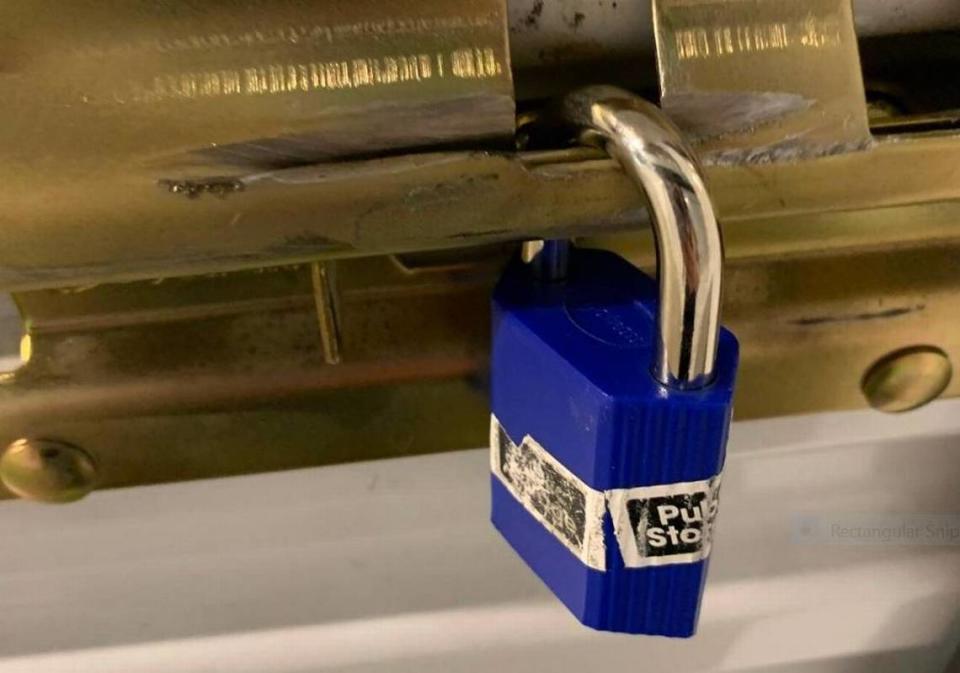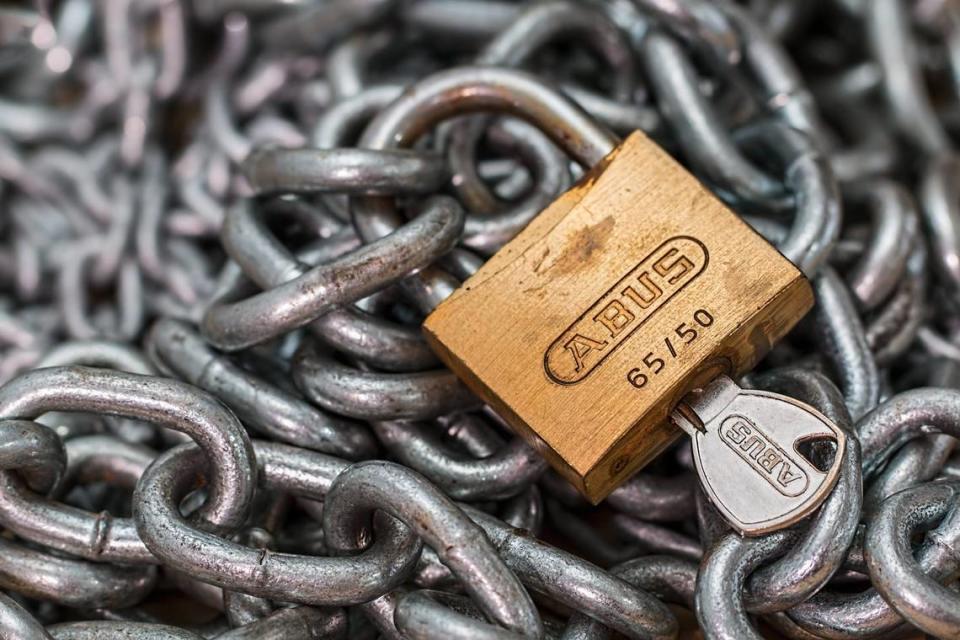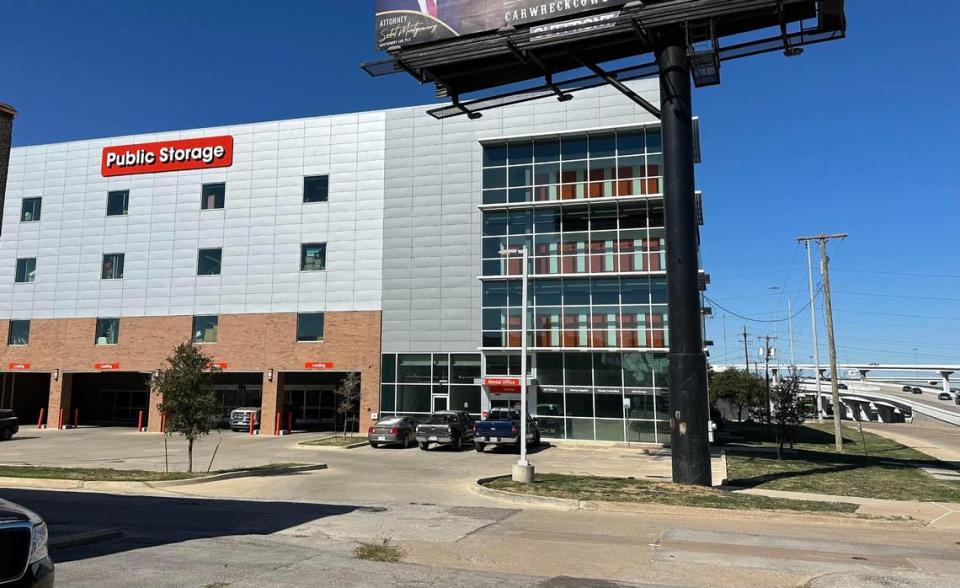Storage unit theft, scams can cost thousands in lost property. Here’s how to fight back
Back-to-back burglaries at a Fort Worth storage unit beg the question of how safe these facilities are from thieves.
Craig Snyder and Angela Kirkwood’s dream of opening up a game room in Fort Worth were diminished after $50,000 worth of rare video game items were stolen from their storage unit. The burglaries occurred at Public Storage facility at 625 Stella St., the Star-Telegram previously reported.
The first burglary occurred on Oct. 16 and the second just a day later on Oct. 17. In both cases, the pair’s storage unit locks were cut.
More than a third of Americans rent self-storage units, but how can they make sure their items will be safe? Here’s what we know about renting a storage unit:
What should you know before renting a storage unit?
The Better Business Bureau offer a few tips for those considering renting a storage unit.
Take stock of your items and see if they’re temperature-sensitive, because if so, you’ll need an indoor and climate-controlled unit. As far as the value of your items, if they’re worth a pretty penny or have great sentimental value then find a storage place with a good security and monitoring system.
Another tip is to always purchase insurance for the storage unit through the company you’re renting at, according to the BBB.
Finally, the BBB recommends consumers to not make an impulse decision based on location and price. Don’t pick the storage unit that’s closest to you, instead review a few different options — investigating each carefully — before settling on a place to store your items.
What should you look out for when shopping for a storage unit?
When looking for a potential storage unit, here’s a few things the BBB recommends:
Security and cleanliness: Business claim they’re secure and clean, but could be teaming with animal infestations, leaky roofs, broke cameras, unmanned entrances and lax security.
Hidden or extra charges: Check the fine print on the rental agreements to see if there’s any additional charges from late fees and insurance cost, to utilities and security.
Read the fine print: Look over the fine print to ensure conditions related to responsibility of your possessions, rent raise notices and terms under which you’re deemed to have defaulted.
Unit access: Make sure to know the storage facility’s gate and office hours so you can access your unit.
What should you lookout for when visiting a storage unit?
Upon finding a potential storage unit online, now its time to visit a few locations in-person to seal the deal.
First thing people should ask the storage company is what’s included in the rate, according to the BBB. Some companies offer full-service storage, which costs more but could include services such as free boxes, packing supplies and transportation.
Even if the facility’s management is saying that units are limited, don’t feel pressured to sign immediately. First impressions are everything and you should look around and ask questions before making any final calls, according to the BBB.
What storage unit scams should you be aware of?
As with any business, the threat of a scam is always likely. Here’s what storage unit scams can look like:
Complicity in theft: Through direct involvement or carelessness, storage operators have been known to play a role in the theft of locked units.
Selling your items: In a case of default, the unit owner is entitled to enter and auction off the contents in the unit. Some owners have made it difficult for renters to pay them, thus forcing them into default.
What type of lock should you use on a storage unit?
Beyond finding the right storage facility, you still need to make sure the unit is secure with a lock.
The three best locks to use on a storage unit are a closed shackle padlock, cylinder lock or disc lock, according to Move.org. Each of the three locks vary in price but all offer heightened protection in their design, which makes it hard for thieves to cut them off.
Additionally, here’s a few more tips when it comes to buying a lock:
Shop online: Local storage unit companies or hardware stores may have cheaper prices, but are often low-quality. Finding locks online is pricier but the quality is likely better.
Go heavy: If two locks catch your eye, choose the heavier option because its a sign that stronger metal was used in building it.
Don’t be cheap: If a thief can buy bolt cutters for $30, the lock should cost equal to or more than that. The more valuable the items, the more expansive the lock.
Don’t jump the gun: Check with your storage facility to see what lock will fit the unit. Size requirements on units can vary and you don’t want to purchase a lock that doesn’t fit.
Use the “lost key” test: When searching for a lock, envision how hard it would be to break into the unit if you lost your key. If you think a rock or hammer could break the lock, a robber might think the same thing.



